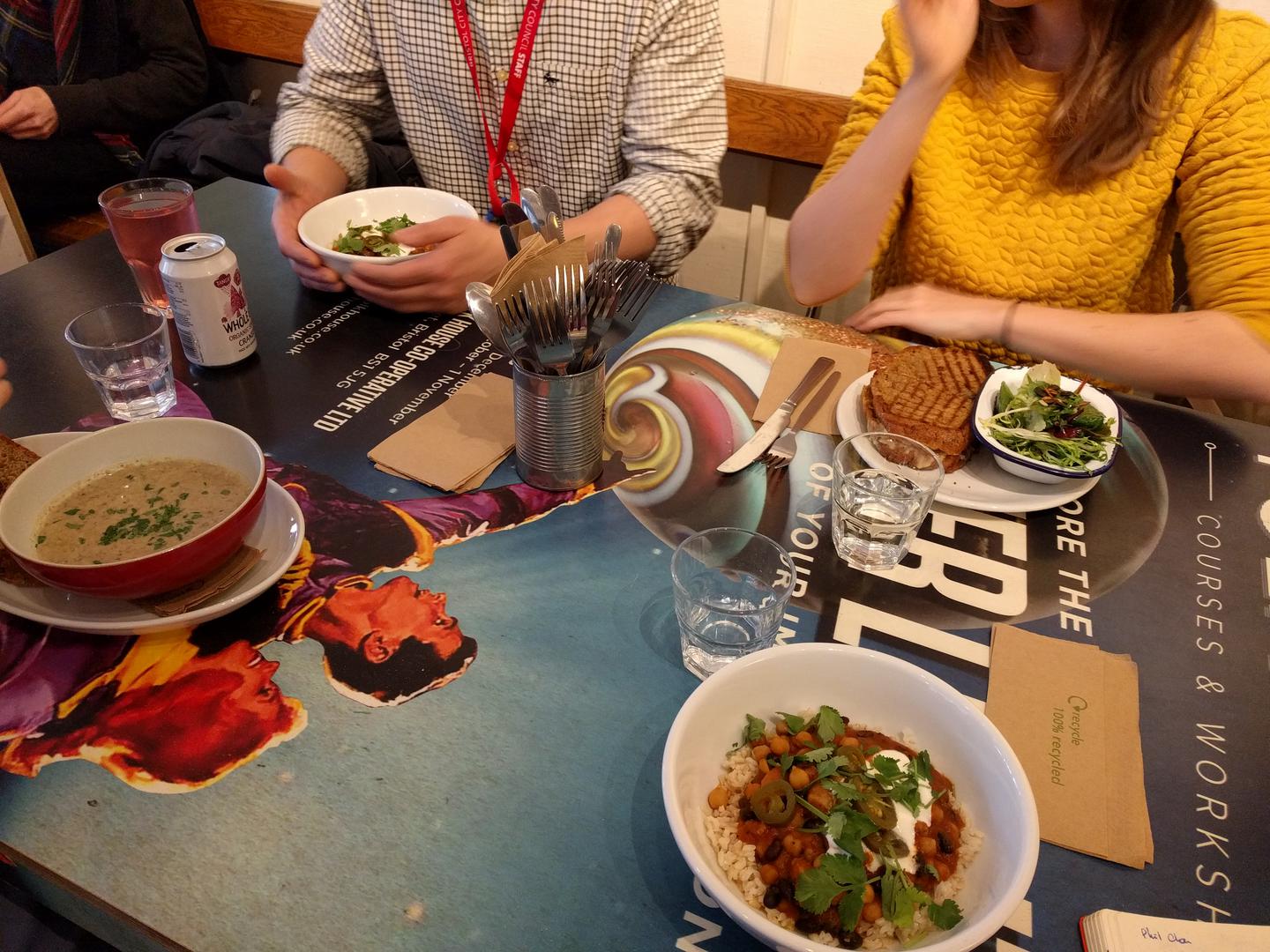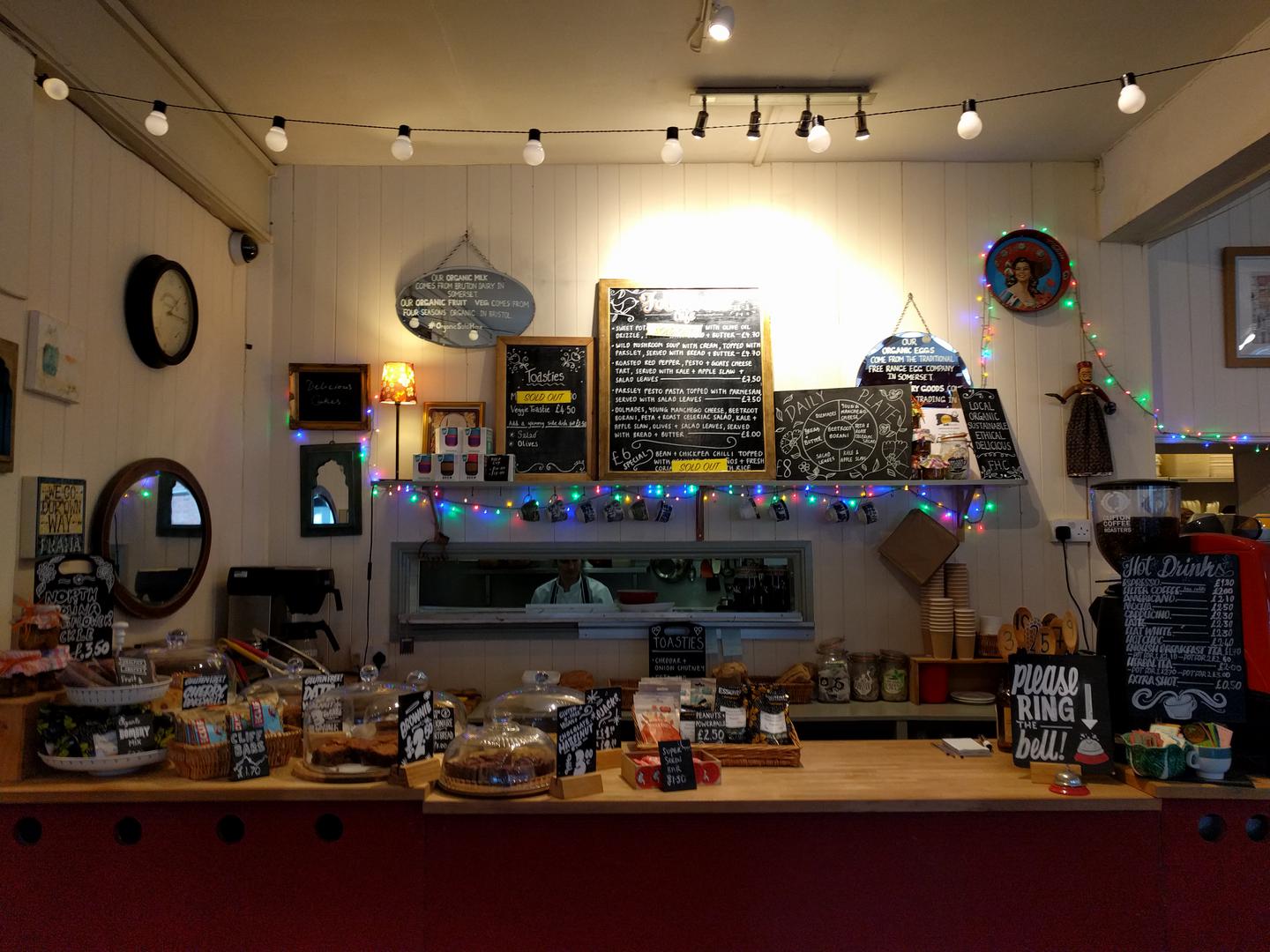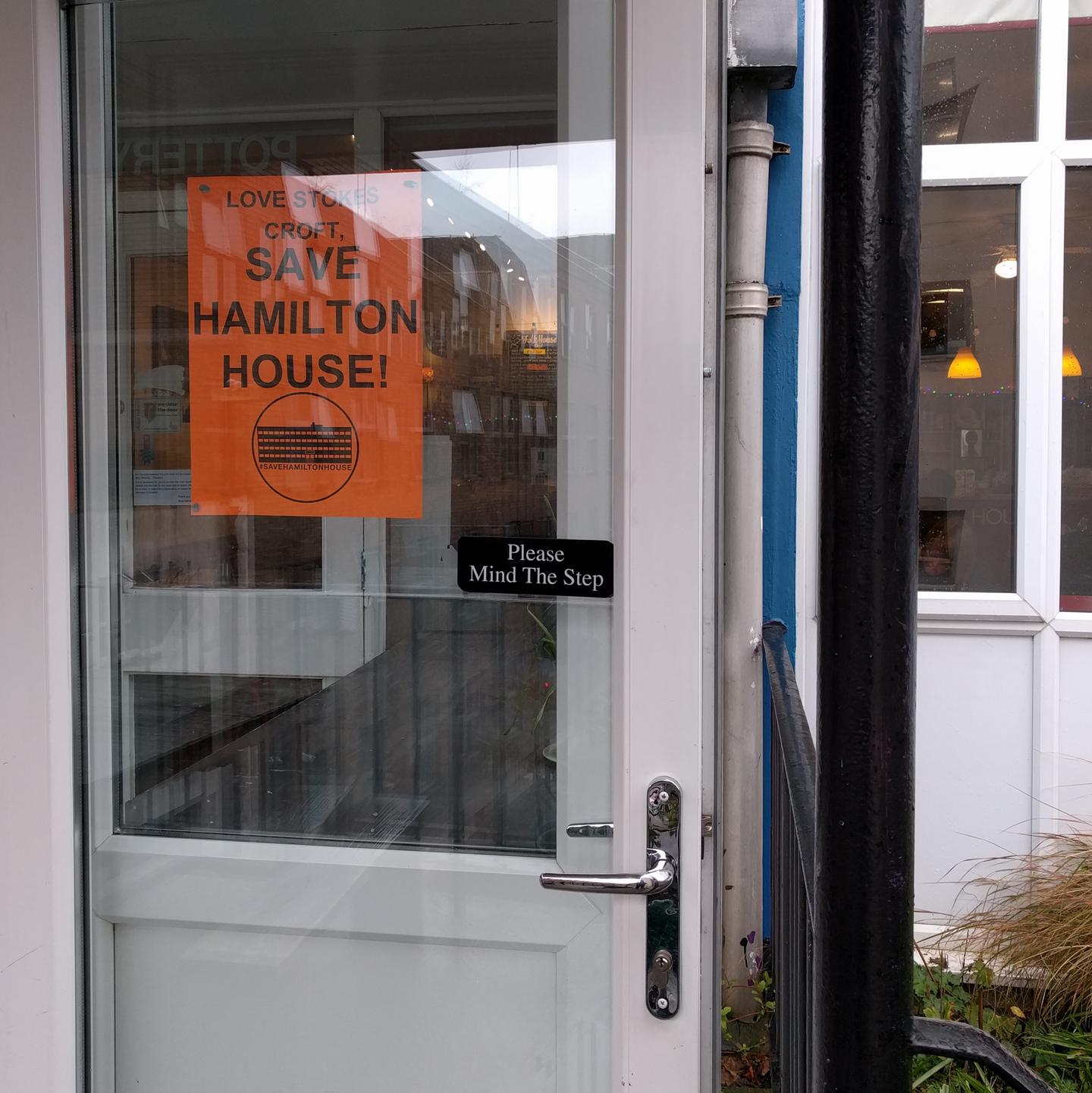Interview with Phil Chan
Phil Chan, Strategic Intelligence and Performance Advisor at Bristol City Council – Policy & Strategy.
He is one of the brains behind the analysis of the Quality of Life Survey.
… to confirm what people mean.
Sugar intake is one the big new concerns for City Hall. Some questions about it have been commissionned as part of the Sugar Smart campaign. This campaign is supported nationally by NHS England.
The challenge of the last question of the Quality of Life survey (an open question) is to extract unstructured content. It is difficult to analyse data when they are collected this way. They are still figuring out how to make the most out of it. It is a time consuming (thus expensive) analysis. Phil is not sure if we would face the same problem.
It is always ward data which is difficult to obtain.
Ward boundaries have changed over the past 10 years. This is also a result of how the sampling is now done–it is simpler but less robust with poorer coverage. They used to measure it at an LSOA level.

The City Hall used to have neighbourhood officers. Like they still do in Bordeaux. They served the councillors well. They were working on the field, talking to citizens in order to sense their concerns and highlights as well.
What Phil understands from Mind the Gaps:
- we try to mix quantitative and qualitative data
- we create correlations with existing data
Can it help design policies? It would be intelligence insights which has an impact. The City Hall has already more data than they can use. It is going to be difficult to make Mind the Gaps used from a City Hall perspective.
It is an interesting question, of translating data into actions. But can we do that with the results?
Community Groups have found the Quality of Life Survey to be useful for bids. They develop around it.
Policy makers, like all of us, are subject to number biases. They do understand numbers.

The Quality of Life Survey does not have questions structured about neighbourhoods.
The project would be more valuable with the third sector. Which is composed by voluntary organisations, like Voscur. It would a more useful tool for engagement rather than policy change.
The Consultation Engagement Team is now separated from the Policy & Strategy Team.
I am interested in reaching people we usually do not reach — those living in the highest deprivation indices. That is interesting. That would influence the Council.
The comparison with other core cities would be interesting, even if they are only in UK.
